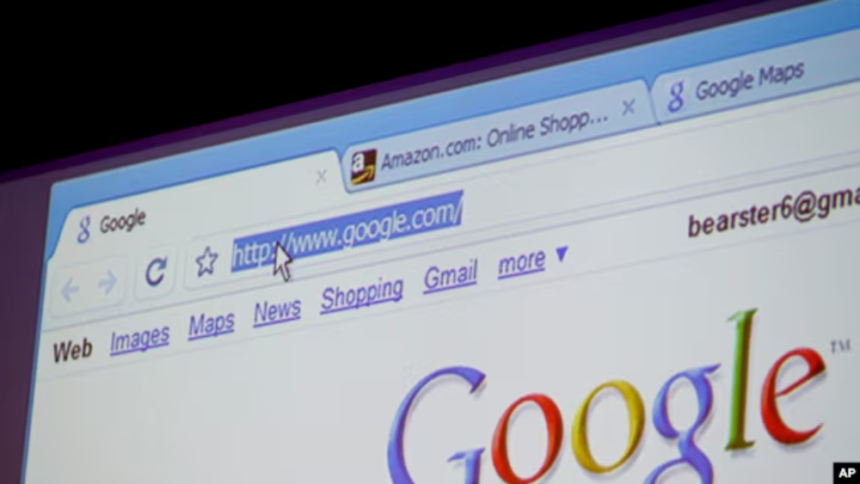U.S. regulatory agencies have formally requested that a court order the breakup of Google to prevent it from continuing its anti-competitive practices, particularly with its dominant search engine program. This comes after a court ruling last August that determined Google has maintained a monopoly in the online search market in an abusive manner for the past decade.
The request, filed late Wednesday by the U.S. Department of Justice, proposes extensive punitive measures. These include the sale of Google’s Chrome internet browser and imposing restrictions on the Android mobile platform, which automatically uses Google’s search engine. The sale of Chrome would effectively end Google’s control over this critical gateway to the internet, enabling rival search engines to access the program, which is the primary entry point for many users online.
While the proposal does not call for the sale of the Android platform itself, the authorities have suggested that the court may require Google to divest its mobile operating system if further evidence of antitrust violations is found.
The sweeping nature of the proposed measures highlights the stance of the Biden administration’s regulatory agencies against Google, following a ruling by Judge Amit Mehta, who declared the company’s practices monopolistic in August. It is anticipated that these legal proceedings will extend further, especially given the expected change in leadership at the Department of Justice under President-elect Donald Trump.
If approved, the breakup would require Google to sell its 16-year-old Chrome browser within six months after the final court decision, though the company is likely to appeal, prolonging the legal battle that has been ongoing for four years.
In addition to the browser sale, the Department of Justice also seeks to prevent Google from continuing its lucrative multi-billion-dollar agreements to have its search engine set as the default on Apple’s iPhones and other devices. The department’s request also calls for restrictions on Google’s ability to favor its other services, such as YouTube and its newly introduced Gemini AI platform.
Kent Walker, Google’s Chief Legal Officer, criticized the Department of Justice’s approach, labeling it a “radical interventionist agenda” that would harm Americans and the global technology leadership of the U.S. He warned that the proposed measures could jeopardize privacy and damage Google’s role in advancing artificial intelligence innovation, which he described as “perhaps the most important innovation of our time.”
Regulators have also asked the court to implement measures that would enable websites to block their content from being used by Google to train its AI programs.
Should the proposed breakup be approved, it could dismantle a business that is expected to generate over $300 billion in revenue this year alone.
Google’s rival, DuckDuckGo, which testified during last year’s trial, has supported the Department of Justice’s efforts, arguing that the department is merely doing what is necessary to curb Google’s clear monopolistic behavior. “Correcting Google’s illegal conduct over the past decade requires more than just contract restrictions—it demands a range of measures to create sustainable competition,” said Kamyl Bazbaz, Vice President of Public Affairs at DuckDuckGo.
This effort to split Google resembles the penalties imposed on Microsoft over two decades ago following another landmark antitrust case. In that instance, Microsoft was accused of using its Windows operating system to suppress competition. However, an appeals court overturned a ruling that would have required Microsoft’s breakup, setting a precedent that many experts believe could lead Judge Mehta to hesitate before pursuing a similar approach with Google.







